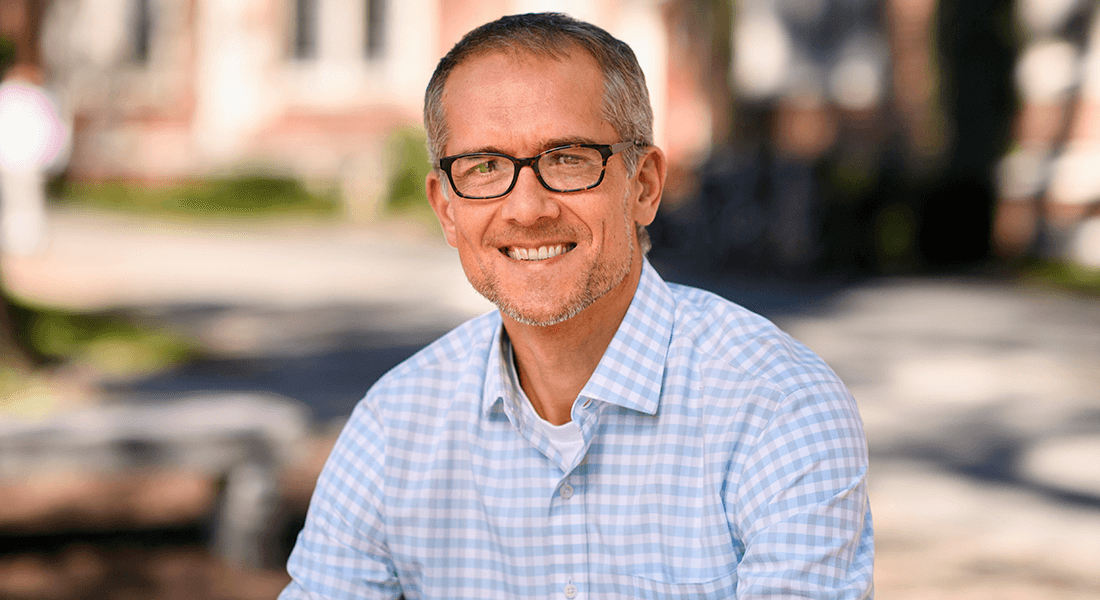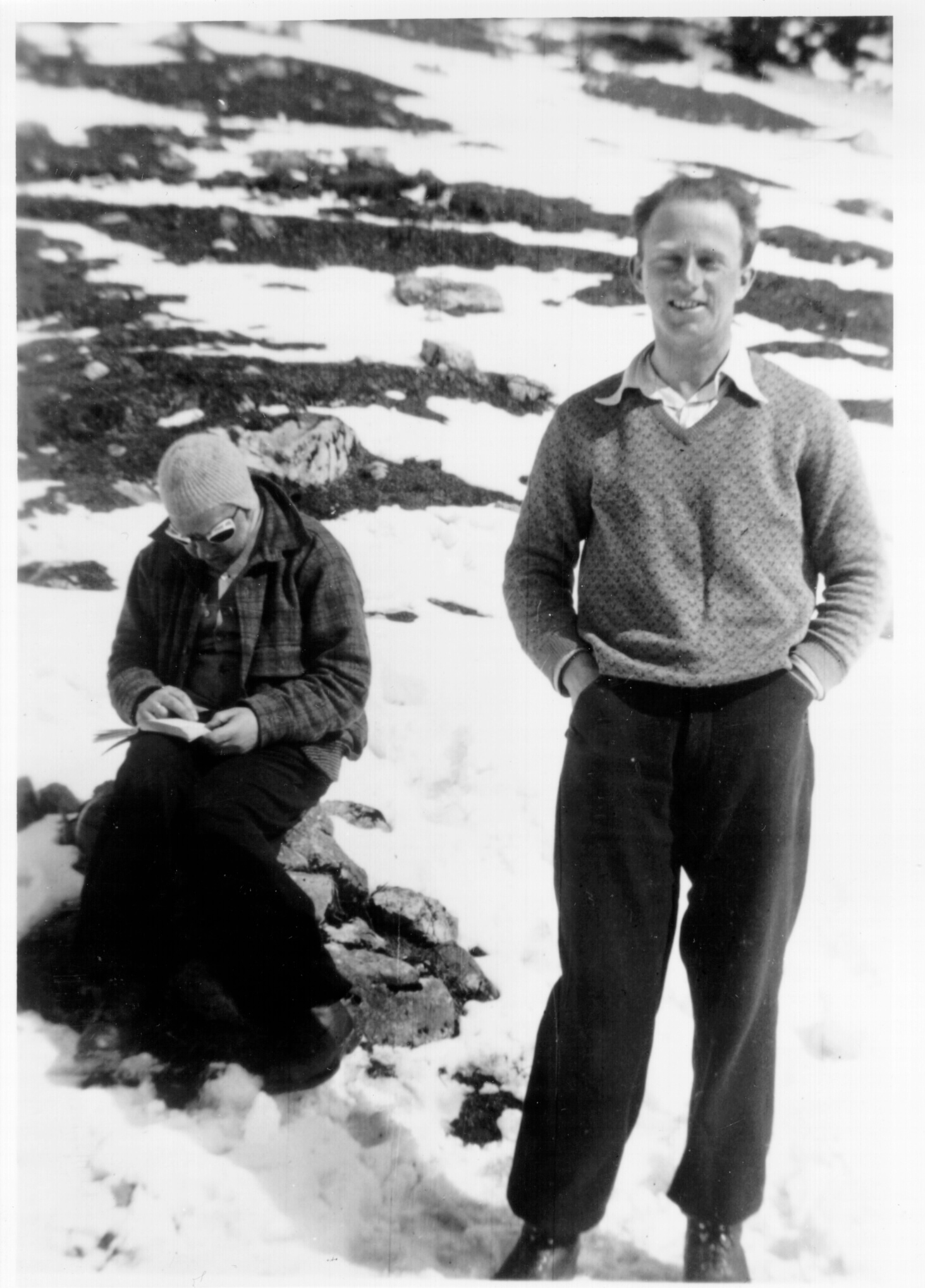Professor: We must revive and relive Niels Bohr's joy of science
Niels Bohr would have had difficulty settling into the much more fragmented approach to science we have today, says Hans Halvorson.

When the German physicist Werner Heisenberg visited Copenhagen in the 1920s, Niels Bohr took him and a few other physicists sailing. Out at sea, the group discussed science and solved problems with the foundations of the burgeoning quantum theory.
The story, coming from Heisenberg's own biography, is simple. But for Professor of History and Philosophy of Science Hans Halvorson, it is iconic.
"When I look at Niels Bohr, I see a man who enjoyed what he was doing," said Halvorson, who will give his inaugural lecture at the Department of Science Education on June 9th.
"It's the joy of science that I associate with Bohr. And which we have lost in many ways."
Hans Halvorson himself was, by his own admission, driven away from physics by poor science pedagogy, which first led him to study poems from the 1800s and later philosophy.

"Back then, there was a Cold War approach, where the goal was to calculate faster than the adversary. Today, there is a war between companies about who can build the quantum computer the fastest. And the thing is, it makes science less fun. You lose your wonder of discovery," said Hans Halvorson.
"I want us to uphold Bohr's approach to science, so that today's researchers see it as a vision for themselves and their students. If we can do that, I think not only will we make better science, but it will also nurture us as human beings."
Seeing the broader context
For Niels Bohr, it was natural to think about his science in a broad perspective. His father, Christian Bohr, was a professor of physiology and a member of the Royal Danish Academy of Sciences and Letters. After meetings, the party gathered at the Bohr family's home, where Niels and his siblings could sit and listen to conversations between professors of physics and linguistics.
Bohr would have had difficulty settling into the much more fragmented approach to science we have today, said Hans Halvorson.
"Science today is a huge business, where most researchers spend their time on small parts of a much bigger picture. As a student, you are given project assignments, and only very rarely will a pedagogical teacher tell students how it fits into a context," said the professor.
"My feeling is that we in the Western world have a problem with a lack of interest in science. We see that interest in pure science is declining, except where it has technological advantage. And I think one of the reasons is that students aren't interested in doing a calculation or doing an experiment when they don't know why."
Bohr's misunderstood view of objectivity
For Hans Halvorson, Niels Bohr is a testimony to why understanding the larger context and broad education is important for natural science.
"Bohr was a humanist. He saw how researchers in psychology were very aware of their own bias, and of separating it from the phenomenon they are investigating. He recognized that it was also necessary in physics. That science is created by people and that people make mistakes," said Hans Halvorson.
Bohr knew that the biggest threat to objectivity is the illusion that it is achievable.
Today, this view is probably even less popular than it was in the 1960s, according to the professor.
"There is a global fear of subjectivity in science. And there are still those who insist on presenting physics as a cleaner and more objective science," said Hans Halvorson.
"For many, quantum theory marks the collapse of objectivity in science, and Niels Bohr has become the personification of that development as someone who has allowed himself to be subjective."
But Bohr's view of objectivity is misunderstood, says Hans Halvorson.
"The original texts show that Bohr was very concerned with making objective descriptions. But he was also aware that it is a process and not a box you tick. He knew that the biggest threat to objectivity is the illusion that it is achievable," said the professor.
"But that doesn't mean he gave up striving for objectivity."
Linguistics and mathematics
Bohr's understanding of objectivity is one of the focal points of Hans Halvorson's own research. It is not an understanding that can be read directly from the physicist's own texts, but must be derived by closely studying Niels Bohr's letters and notes, which are preserved in the Niels Bohr Archive.
This work has drawn Hans Halvorson partly in the direction of linguistics in order to understand Bohr's language and choice of words in detail. And partly in the direction of mathematics, to translate Bohr's arguments into a format used in physics today.
In this way, both physics and the poems from the 1800s have a role to play for Hans Halvorson.
"I feel very lucky because what I do is in some ways closer to the way Bohr worked than what many physicists do today," said Hans Halvorson.
Contact
Hans Halvorson
Professor
Department of Science Education, University of Copenhagen
hans.halvorson@ind.ku.dk
+4535320261
